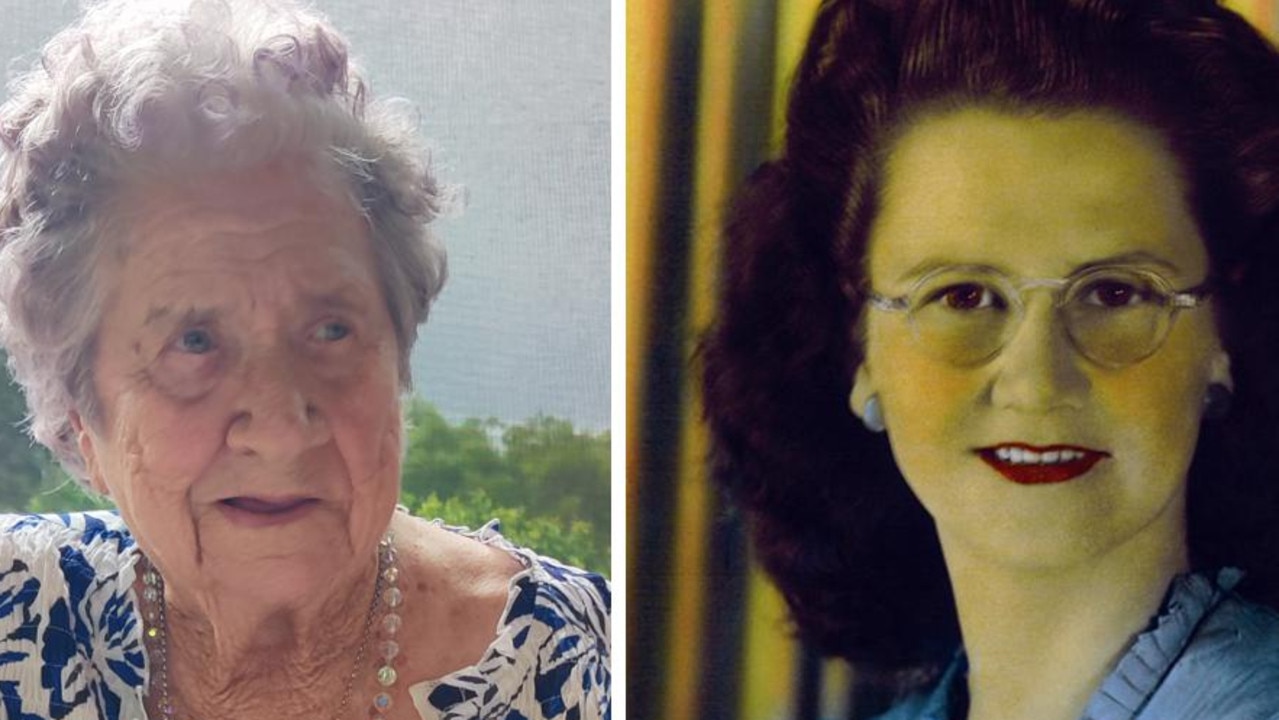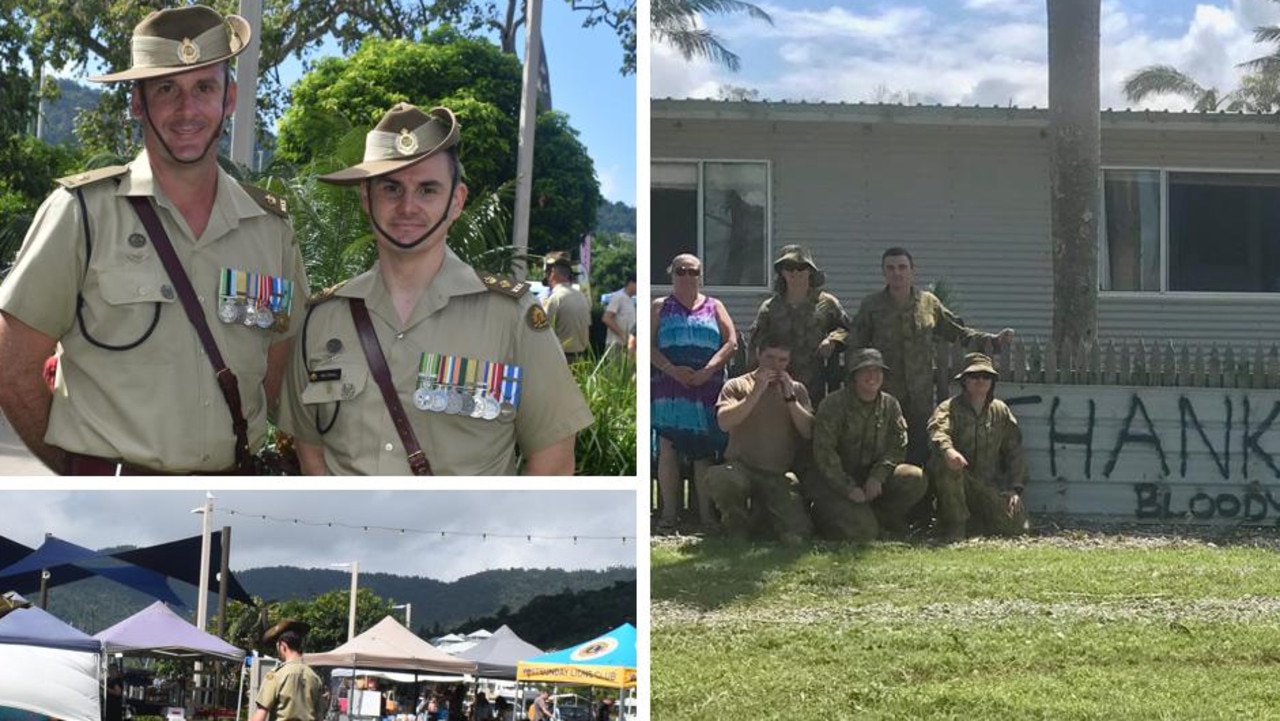A decade after winning, five Pride of Australia award recipients describe their lives since the ceremony
BETWEEN them they blew the whistle on Jayant Patel, flew a rescue helicopter, and mentored vulnerable youth - and they are bound by the inaugural Pride of Australia medal.
Pride of Australia
Don't miss out on the headlines from Pride of Australia. Followed categories will be added to My News.
THERE was no pomp; just a catch-up between three extraordinary locals.
Between them, they blew the whistle on surgeon Jayant Patel, flew thousands of hours on the community rescue helicopter, and mentored vulnerable youth, but they are bound by something in common: the inaugural Pride of Australia medal.
Ten years after winning, these three Bundaberg residents – Toni Hoffman, John Kennedy and John Bigg – and other recipients have told The Sunday Mail of their lives after the ceremony.
Ms Hoffman agrees it has been a “huge” decade for her since winning the 2005 Pride of Australia Courage award, from the Bundaberg Hospital Commission of Inquiry, to her public speaking and then Dr Patel’s trial and retrials.
“It has been a big roller-coaster of emotion. I had raised those issues internally for two years. I didn’t see myself as that sort of person (a whistleblower),” says Ms Hoffman, who last year took a voluntary redundancy from nursing.
She says society’s attitude towards whistleblowing has changed a little, adding it has “a bit more of a positive connotation” today.
“I think people now take complaints a lot more seriously because they know the ramifications,” she says. “I was honoured to be given the medal.”
Fellow Bundaberg winner John Kennedy, 53, traded in his job as an electrician to take up a position in the community helicopter rescue.
“We had been volunteering our time on an as-needs basis. In 2005 the board of the company decided they would embark on a program to put some professional crew on the aircraft – full-time crew,” says Mr Kennedy, now an aircrew officer at CareFlight Group Queensland.
“The floods of 2011 and 2013 were pretty big milestones for the service and for the general and greater communities.”
He admits being nominated for the Pride of Australia Community Spirit award in 2005 for his then-volunteer rescue work came out of “left-field”.
“But as I moved through the process and went to the awards ceremony, it wasn’t so much about me but it was about recognition for the work our whole team had done,” he says.
Another Queenslander from the first round of medals was John Bigg. The role model winner revealed “things have been pretty tough for me” since then. Mr Bigg says both his wife and son had died in recent years, but his continual work has helped him “overcome the personal tragedies”.
Even though he retired from teaching, he still does supply teaching at Bundaberg West State School, of which he is patron. Up until his son died, he was also coaching rowers. He is enormously passionate about watching youth achieve their potential.
“Too many times in the past I’ve seen them go the wrong way in life,” he says.
Grandmother Alicia Sorohan’s daring jump onto the back of a 4.2m crocodile to save the life of her son’s friend made headlines but the 70-year-old Queenslander, who earned the inaugural bravery medal, simply explains: “When you see somebody in trouble, it’s the first thing you do.”
She’s even been back to the spot in far north Queensland about five times since it happened, but says she has been “behaving” herself and “not attacking” the reptiles.
Ms Sorohan is currently on a trip around Australia with her husband.
Brisbane’s Rebecca Brett says winning the Young Aussie medal in 2005 spurred her on to keep up her involvement in service work.
Ms Brett, 20, who was born with a misaligned hip and an auditory processing problem, is today studying speech pathology at the University of Queensland and mentors first-year students.
“I was very surprised to win (the medal). I hadn’t seen what I was doing as any big thing. It motivated me to keep doing service acts,” she says.


